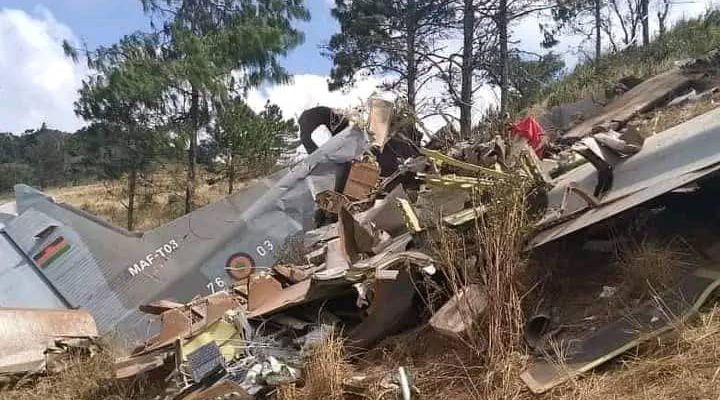
The recent aircraft accident report has sparked considerable debate and skepticism among the public and stakeholders.
While the report aims to shed light on the causes of the crash, many people remain unconvinced by its findings and conclusions. There are significant concerns regarding the handling of the investigation and the responsibility of key officials.
Firstly, the report has been criticized for potentially revealing careless and incompetent handling of the situation by the involved authorities.
Critics argue that the report indicates a lack of proper oversight and management, which may have contributed to the accident. This sentiment reflects broader concerns about the competence of those in leadership positions who were responsible for aviation safety.
Secondly, there are claims that the report does not address several important questions or provide a comprehensive explanation for the factors leading to the crash.
Some observers feel that key issues might have been overlooked or inadequately explored, both before and after the investigators’ involvement. This has led to a sense of frustration among those seeking a thorough and transparent account of the accident’s causes.
Thirdly, the report’s examination of the roles of the Ministry of Defense, the Ministry of Transport, and other involved entities has led to accusations of shifting responsibility. Critics argue that the report’s findings suggest these ministries may bear significant responsibility for the accident.
This has fueled political tensions, with some suggesting that political biases may influence how responsibility is assigned, potentially prioritizing party interests over national concerns.
Fourthly, many feel that the report fails to convincingly address all aspects of the accident and that it might have been influenced by political considerations.
There is a perception that the investigation may not have fully held accountable those responsible or offered clear recommendations for preventing future incidents.
This perception undermines trust in the report’s conclusions and raises questions about the overall integrity of the investigation process.
In conclusion, the criticism surrounding the aircraft accident report highlights the need for greater transparency, thoroughness, and accountability in such investigations.
As stakeholders continue to scrutinize the findings, it is crucial to address the concerns and unanswered questions to ensure that the report serves its intended purpose of improving aviation safety and holding the responsible parties accountable.














